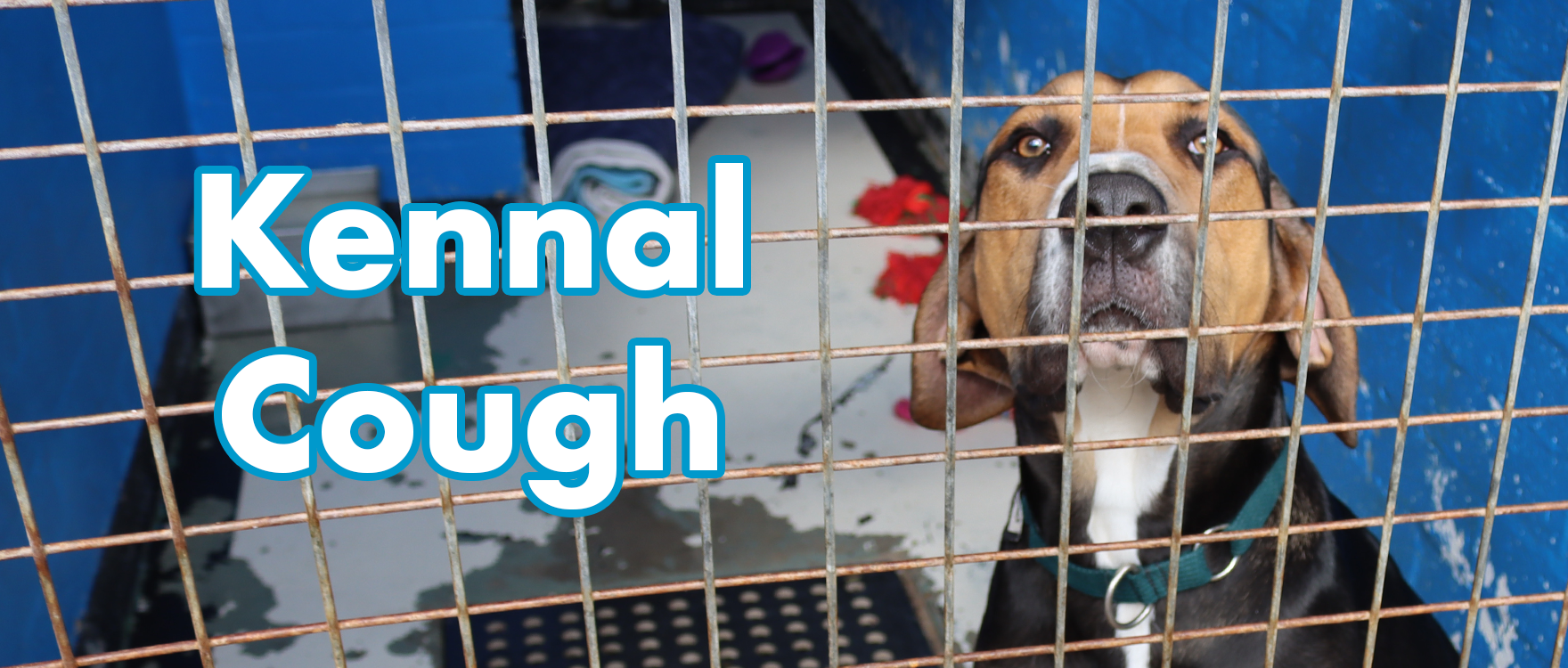Most dog owners know about kennel cough. The basics at least. Whether through discussions with your vet at vaccination time, personal experience of your canine catching it, or a good old Dr Google search, you probably have the basics covered. But here is a Top 10 list of facts that you might not know about it:
Fact 1: Kennel cough has a bunch of different names. If you like being accurate you can call it “canine cough” because it is not always associated with kennels. If you want to sound smart you can call it “canine infectious tracheobronchitis” because it is an infection of the windpipe (trachea) and large airways (bronchi). Or, if you love acronyms, you can call it “CIRDC”. This stands for canine infectious respiratory disease complex, and is the term medical specialists currently favour.
Fact 2: There are over a dozen different infectious agents that can cause kennel cough. Bacterial causes include Bordetella, Mycoplasma and Streptococcus. Viral causes include parainfluenza, adenovirus, herpes, distemper, reovirus, pneumovirus, picorna virus, bocavirus and coronavirus (not the COVID type!).
Fact 3: Vaccines are available for only four of the causes of kennel cough- Bordetella, parainfluenza, adenovirus and distemper. Vaccines are also made for canine influenza viruses but these are only available overseas, not in Australia.
Fact 4: There are three different ways of vaccinating against kennel cough. Vaccines can be given as an injection, squirted into the nose, or squirted inside a dog’s cheek. Vaccines given into the nose or mouth can provide protection in 3-5 days, whereas the injectable vaccines take 2+ weeks to work.
Fact 5: It normally takes 3-7 days for symptoms of kennel cough to develop after exposure, but dogs can start shedding and be infectious even before their first cough. The infection can be spread by direct contact between dogs, by aerosol droplets in the air, or even by sharing of bowls or toys.
Fact 6: People often think their dog is choking on something when they have kennel cough. The most common symptoms are bouts of harsh, hacking coughing; often ending with a retch or gag. It can seem like something is stuck in their throat, but it is all just due to inflammation of the airways.
Fact 7: The severity of kennel cough symptoms depends as much upon the individual as upon the infection. Most healthy dogs remain bright and active with a normal appetite while they have kennel cough. Dogs who are young, old, stressed, or have other concurrent illnesses are much more likely to suffer severe disease and become systemically unwell.
Fact 8: Kennel cough is normally self-limiting. This means most dogs will get better within a couple of weeks without any treatment. Medications may be given to dogs considered higher risk for complications or if the cough is affecting everyone’s sleep. Treatment is definitely required for dogs who become systemically unwell- lethargic, off their food, or running a fever.
Fact 9: While most dogs with kennel cough stop being infectious after about 10-14 days, dogs who have had Bordetella can keep shedding the bacteria for up to 3 months after recovering. Another reason why kennel cough is so common.
Fact 10: Dogs do develop immunity after kennel cough infection … but it only lasts for 6-12 months and only protects against the particular agents they were infected with. For this reason, it is important to continue with regular vaccine boosters even after an episode of kennel cough.
So, there you go … how many of these top 10 facts did you already know? If you got 10/10 you are a kennel cough guru! For everyone else, I hope you enjoyed learning a little more about this common disease.
Disclaimer: The information and advice in this post is general in nature. It is not intended as a substitute for tailored health care advice from your regular veterinarian.

